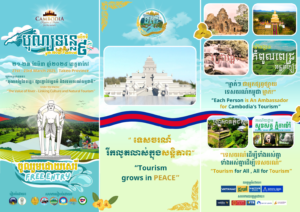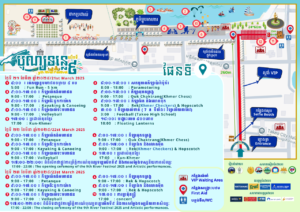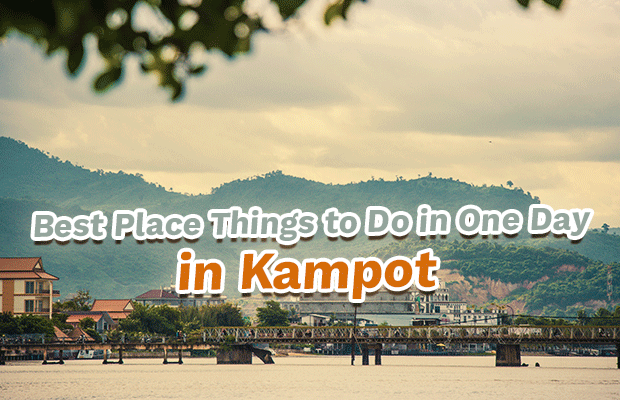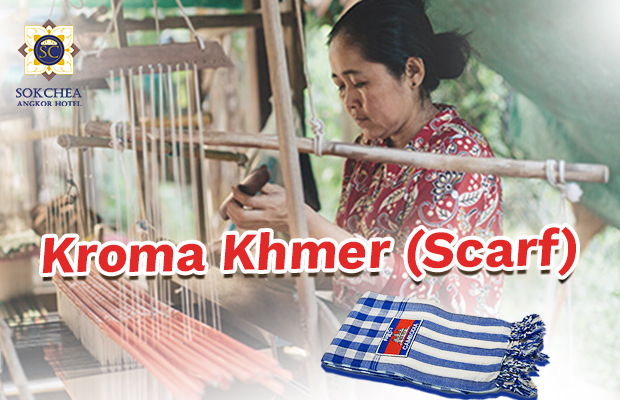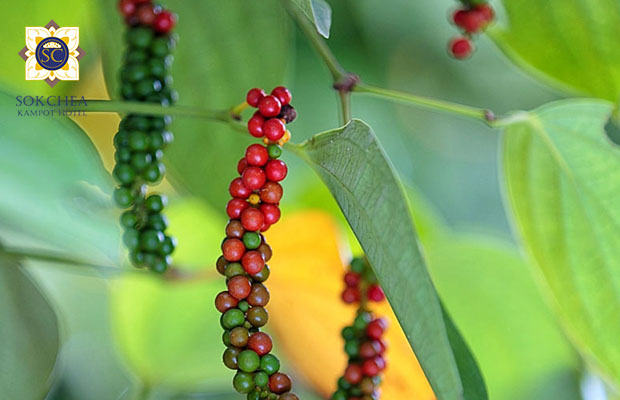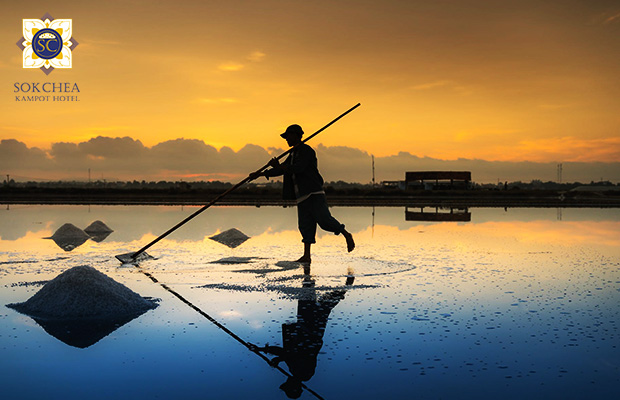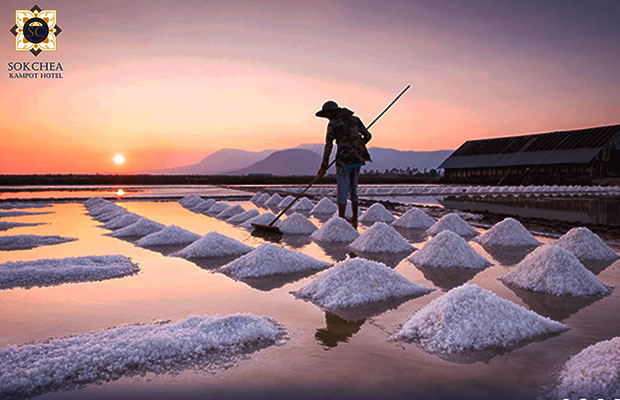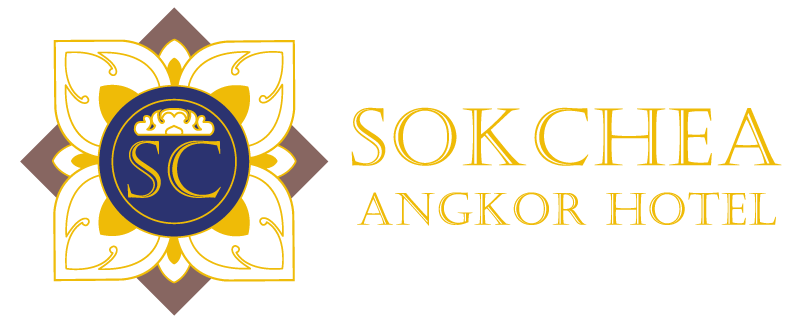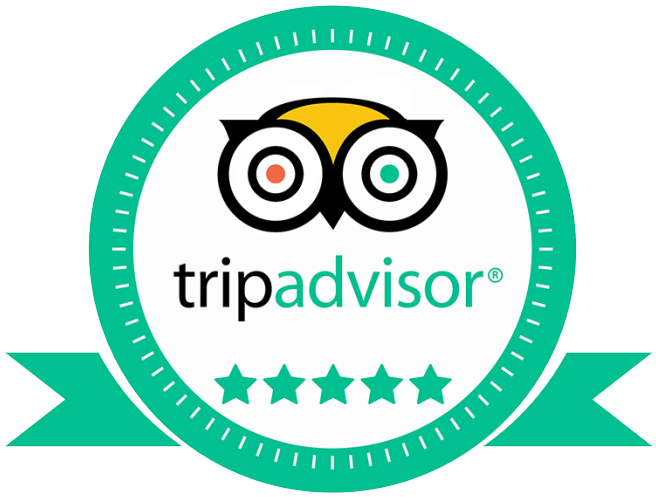River Festival 2025: Celebrating Cambodia’s Natural and Cultural Heritage
Cambodia is a country rich in cultural traditions and natural beauty, and one of the most anticipated annual events that showcases this heritage is the River Festival. This festival, which first began in 2015, is held in a different province each year, highlighting the significance of Cambodia’s rivers in the country’s history, tourism, and daily life. In 2025, the 9th River Festival will take place from March 21 to 23 in Takeo province, under the theme “The Value of River: Bridging Culture with Nature Tourism.” This event will serve as a platform to promote tourism, celebrate local culture, and bring economic benefits to the community while emphasizing the importance of protecting Cambodia’s natural waterways
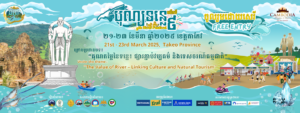
A Celebration of Culture and Tourism
The River Festival is designed to be a vibrant and inclusive event that attracts visitors from across Cambodia and beyond. It features a variety of cultural performances, exhibitions, and interactive experiences that showcase the rich traditions of the host province. Takeo province, known for its ancient temples, serene landscapes, and historical significance, is an ideal location for this event. The festival’s main venue, Takeo Lakeside Park in Daun Keo City, will provide a stunning backdrop for the festivities, allowing visitors to appreciate both the cultural heritage and natural beauty of the region.
The 2025 festival’s theme emphasizes the deep connection between Cambodia’s rivers and its cultural identity. The event will highlight how rivers have played a vital role in Khmer civilization for centuries, serving as essential transportation routes, sources of livelihood, and centers of spiritual significance. By blending cultural performances with eco-tourism activities, the festival aims to encourage sustainable tourism practices and promote the conservation of Cambodia’s natural resources.
Exciting Activities and Attractions
One of the most exciting aspects of the River Festival is the diverse range of activities it offers. Visitors can enjoy traditional music and dance performances, showcasing Cambodia’s artistic heritage. Local artisans will display their crafts, allowing guests to witness and purchase handmade products that reflect the craftsmanship of Takeo’s skilled artisans. Food lovers will have the opportunity to sample traditional Khmer cuisine, with food stalls offering a variety of local dishes.
Beyond cultural experiences, the festival will also feature sports competitions, including canoeing, kayaking, and boat races, which celebrate the strong connection between Cambodian people and their waterways. A 75-kilometer Phnom Penh-Takeo cycling race is expected to draw professional and amateur cyclists alike. Other sports activities, such as fun runs, volleyball, and traditional Khmer martial arts demonstrations, will provide entertainment and participation opportunities for visitors of all ages.
One of the highlights of the event will be the sky lantern displays, where hundreds of lanterns will be released into the night sky, creating a breathtaking visual experience. This tradition is believed to bring good luck and is a favorite attraction for both locals and tourists.
Economic and Social Impact
The River Festival is not only a celebration but also an important economic and social event. By attracting thousands of visitors, it provides a significant boost to local businesses, including hotels, restaurants, and transportation services. The festival also creates opportunities for local entrepreneurs and artisans to showcase their products and generate income.
In preparation for the festival, the Ministry of Tourism has issued guidelines to ensure high-quality services for visitors.
Local vendors are encouraged to decorate their stalls in ways that reflect Khmer culture and the unique identity of Takeo province. Authorities are working closely with businesses to maintain fair pricing, ensure cleanliness, and provide sufficient parking spaces to accommodate large crowds. These efforts aim to enhance the visitor experience and establish Takeo as a premier tourist destination.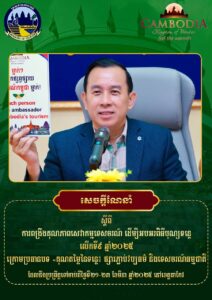



A Tradition of Success
Since its launch in 2015, the River Festival has been hosted in different provinces, each offering a unique cultural and natural backdrop. In 2024, the event was held in Siem Reap and attracted over 500,000 visitors, making it one of the most successful editions of the festival. The event was temporarily suspended in 2021 and 2022 due to the COVID-19 pandemic but resumed in 2023 with great enthusiasm. The 2025 edition in Takeo is expected to continue this success, drawing even larger crowds and further solidifying the festival’s role in Cambodia’s tourism industry.
